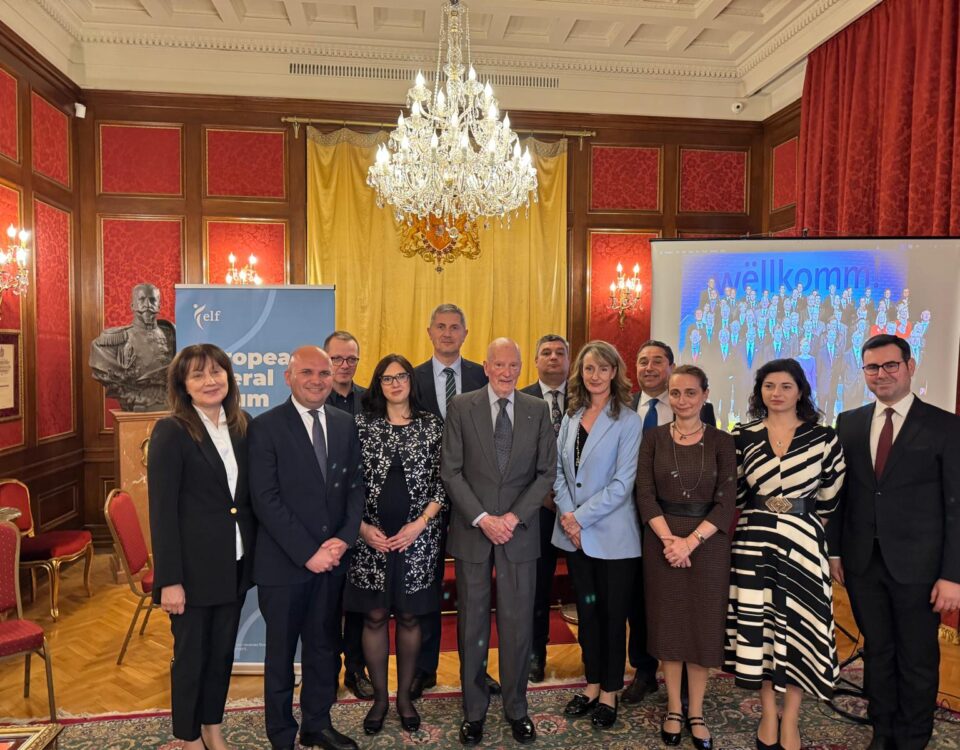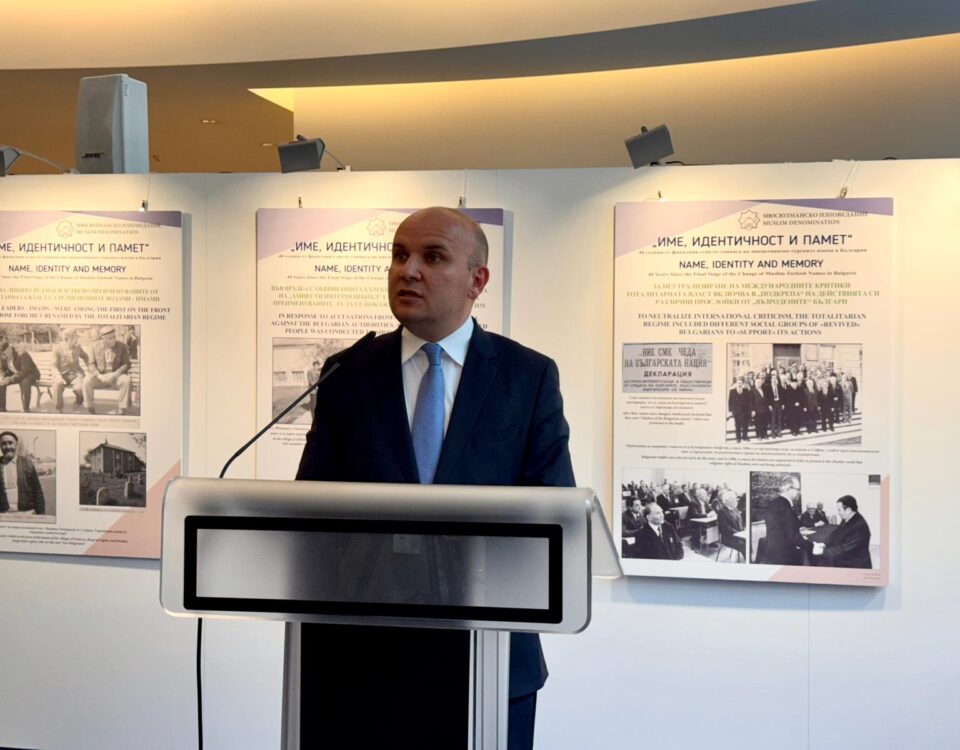
The AFET Committee voted on the Albania report for 2016
January 31, 2017
LYMEC.eu: Call for a liberal fightback by Ilhan Kyuchyuk, MEP
May 17, 2017This article is published on newKerala.com
Brussels [Belgium], Feb.15 : In an in-depth discussion about the adverse effects China’s counter-terrorism policy on minority groups such as Tibetans and Uyghurs, leaders of the European Parliament (EP) have said that they are well aware of the fact that Beijing is primarily using it as a tool for repressing minorities and violating their human rights.
Participating in a conference held recently at the European Parliament in Brussels, the lawmakers were of the unanimous view that it is imperative to understand that many of these violations of human rights are not a new phenomena, and that countries like China, in the name of countering terrorism, introduce or apply new policies to legitimize their brand of discrimination.
Hosted by Members of the European Parliament (MEP) Ilhan Kyuchyuk (ALDE) and Thomas Mann (EPP), the conference titled “Chinese Counter-Terrorism Policy: Impacts and Dangers for Tibetans and Uyghurs” was organized by the Unrepresented Nations and Peoples Organization (UNPO), the International Campaign for Tibet (ICT) and the International Federation for Human Rights (FIDH).
The conference allowed experts to assess various aspects of China’s attempts not only to continue repressing these communities, but also to legitimize their tactics on an international stage.
Both Kyuchyuk and Mann stressed on the necessity of bringing awareness to these human rights issues through the platform of the European Parliament, which has to be a forum for human rights.
Marino Busdachin, UNPO General Secretary, then called on the international community to play its role in advancing democratic ideals, the rule of law, and human rights for all.
Vincent Metten, EU Policy Director for the International Campaign for Tibet, made a compelling evaluation of the situation prevailing in in Tibet, and offered a critical assessment of counter-terrorism policy, and proposed several recommendations for improving these circumstances.
Metten pointed to evidence of heightened media censorship, increased militarisation, and the NGO law all point to an intensified commitment to enforcing compliance across China.
Turkistan Times quoted Metten, as saying that “China uses international fora to leverage its political objectives,” and this ultimately represents an emerging paradigm of China progressing from a domestic strategy to an international one.
Metten also referred to the report ICT recently released jointly with FIDH on the topic.
Uyghur surgeon and independent researcher Enver Tohti gave a first-hand account of the religious and ethnic discrimination Uyghurs face in East Turkestan, including specific examples of discrepancies between how Beijing portrays Uyghurs and how it acts, which implies otherwise.
China, he said, is pursuing a “victim strategy,” wherein, the Chinese Communist Party makes claims about domestic terrorism and perpetuates a feeling of chaos blamed upon minority groups.
Sinologist, writer, and President of the Solidarite Chine, Professor Marie Holzman, spoke of the general situation in China, ranging from the silencing of political dissenters and the arrests of lawyers to the hyper-regulation of knives in Kashgar, all carried out under the guise of maintaining “social stability”.
During the Q and A that followed the conference, both Professor Holzman and Mr. Metten emphasized the responsibility of the European Parliament to promote human rights through rational and specific actions, while also increasing opportunities for constructive dialogue.
Tashi Phuntsok, Representative for His Holiness the Dalai Lama, claimed that China is using its counter-terrorism policy as a strategic endeavor to obtain international credibility, and therefore, to justify their repressive tactics.
“The major concern with these developments is not the mistreatment of Tibetans and Uyghurs, which has been ongoing, but the veil of respectability China is crafting in order to preserve control,” he said.
Jean-Marie Rogue, EU Liaison Officer at FIDH, gave a concise reflection on the future of Europe’s relations with China.
Overall, the conference made a clear effort to substantiate claims about China’s discriminatory practices with a diversity of evidence, and the tangible consequences thereof of its counter-terrorism policy.
A majority of the participants said, “We do not need to reinvent the wheel – we just need to remain focussed.”
Тази публикация е достъпна и на следните езици: Bulgarian




